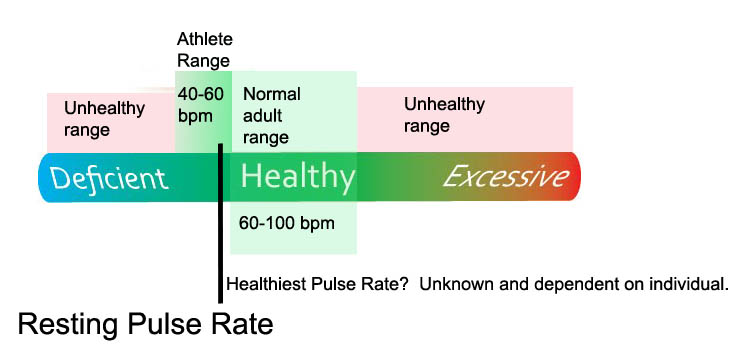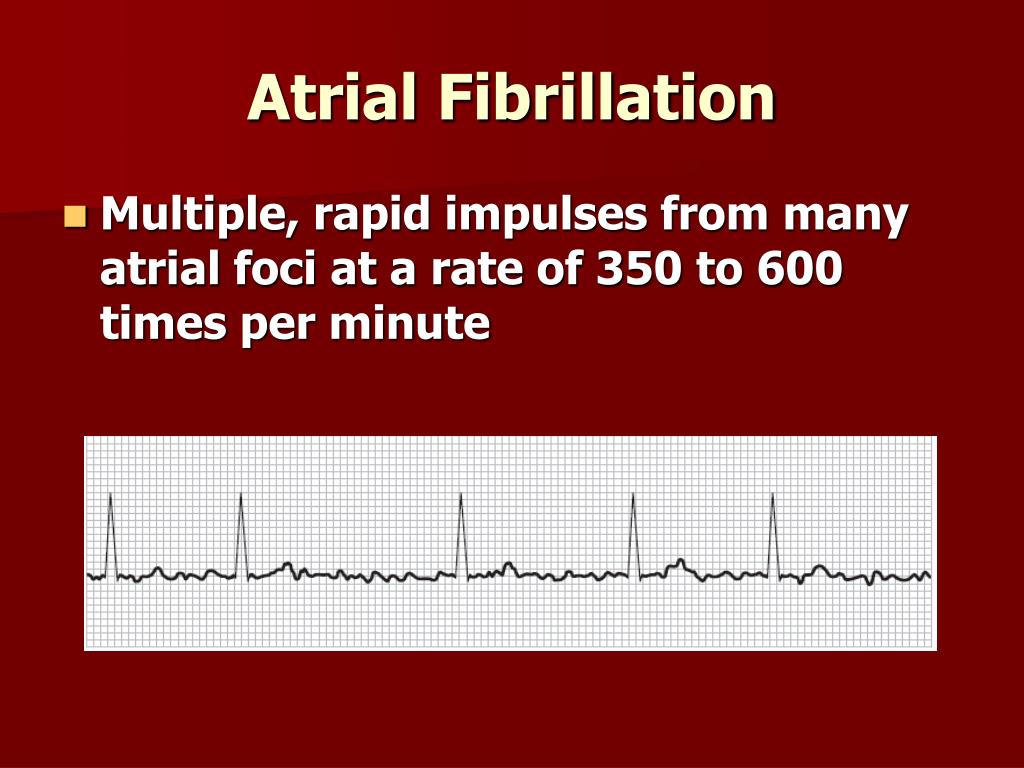

If you practice high-intensity exercise, the heart rate can rise to 220.

The primary deficit of the region expanded during the pandemic to 6.3. Auscultate heart sounds, noting rate, rhythm, presence of extra heartbeats, and dropped beats. Differences in pulse equality, rate, and regularity are indicative of the effect on the systemic or peripheral circulation of altered cardiac output. In a healthy adult, the average values of the arterial pulse move between 60 and 100 beats per minute while awake while sleeping, these can drop to 40. Africas Pulse is a bi-annual publication of the Office of the Chief Economist in. Document the presence of pulsus alternans, bigeminal pulse, or pulse deficit. Ukraine’s finance ministry said Wednesday that the programme. If the heart pulse were taken, it would be much lower than the actual heartbeat rate. Ukraine and the International Monetary Fund have agreed on a USD 15.6 billion loan package aimed at shoring up government finances severely strained by Russia’s invasion and at leveraging even more support by reassuring allies that Ukraine is pursuing strong economic policies. A pulse deficit is an absent pulse despite auscultation of a heartbeat and is thus detected during simultaneous auscultation and pulse palpation. This is especially true if heart conditions run in the family. It can be very dangerous if not treated properly, so understanding what a pulse deficit is important. Bradycardia can be a serious problem if the heart rate is very slow and the heart can't pump enough oxygen-rich blood to the body. This occurs even as the heart is contracting, the pulse is not reaching the periphery.This can occur in few clinical situations. If you have bradycardia, your heart beats fewer than 60 times a minute. Pulse deficit is a clinical sign wherein, one is able to find a difference in count between heart beat (Apical beat or Heart sounds ) and peripheral pulse. In some instances, such as arrhythmias, the heartbeat does not have the necessary effectiveness, so the aorta does not expand enough to create a real beat. A pulse deficit is a condition that affects the relationship between the pulse and heart. The hearts of adults at rest usually beat between 60 and 100 times a minute. Incorrectly, the heartbeat is often called a pulse, and although in most people the pulse is a correct measure of heart rate, this is not always the case.

Contrary to what many people believe, the pulse is not caused by the passage of blood through the arteries but is due to the expansion of the aorta when the heart contracts and expels the blood.


 0 kommentar(er)
0 kommentar(er)
